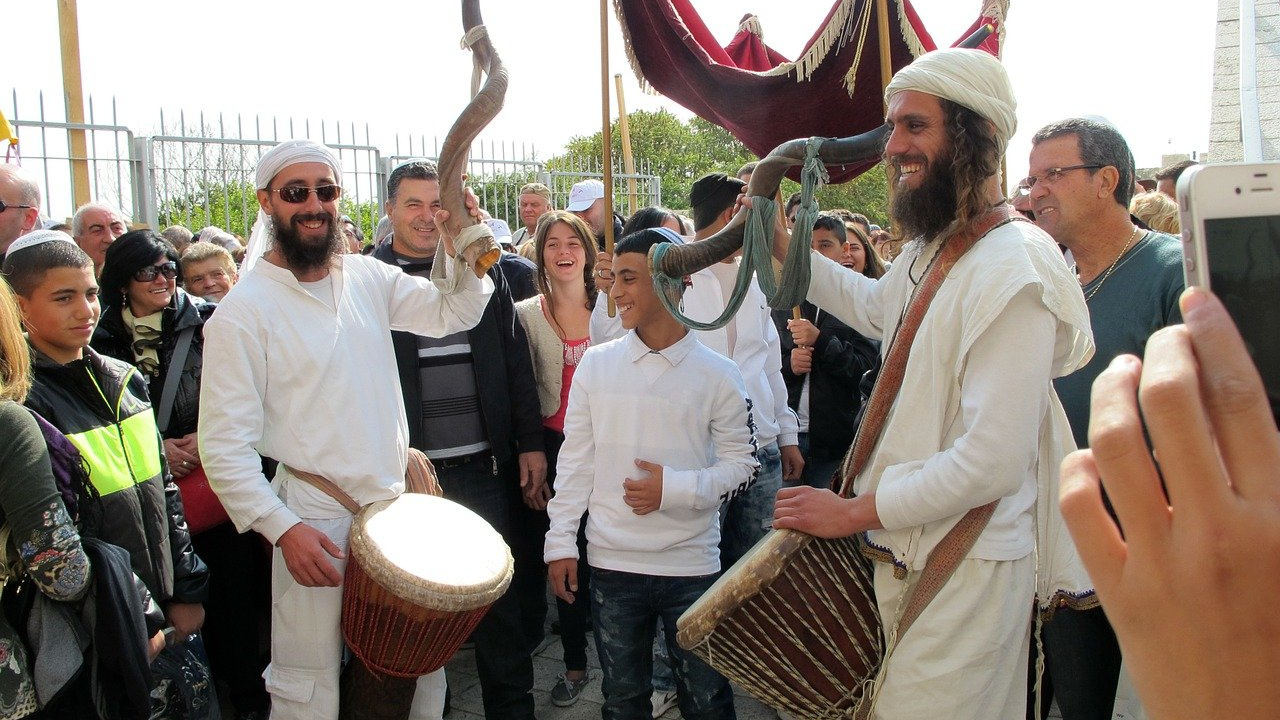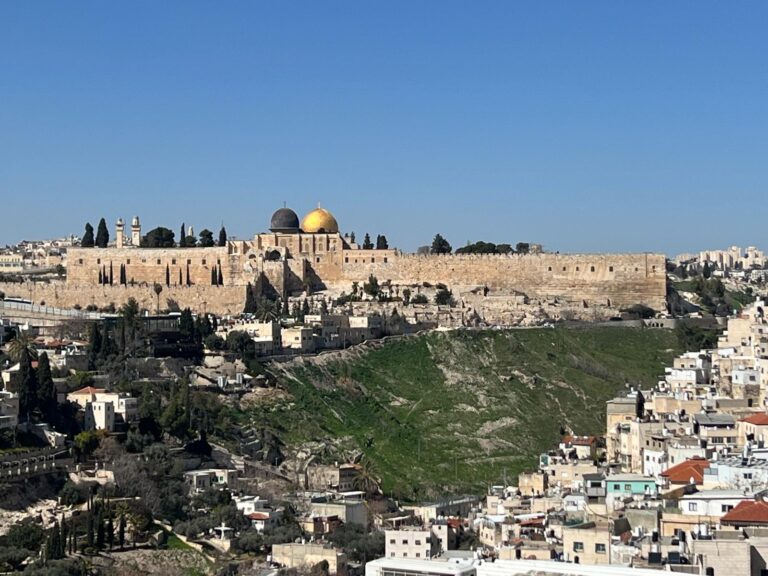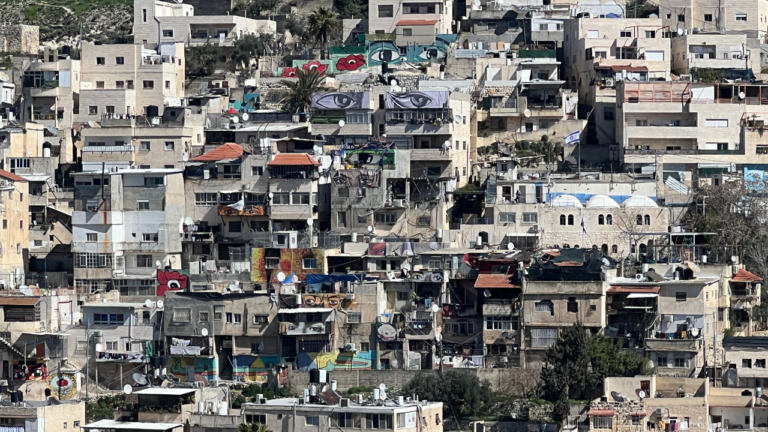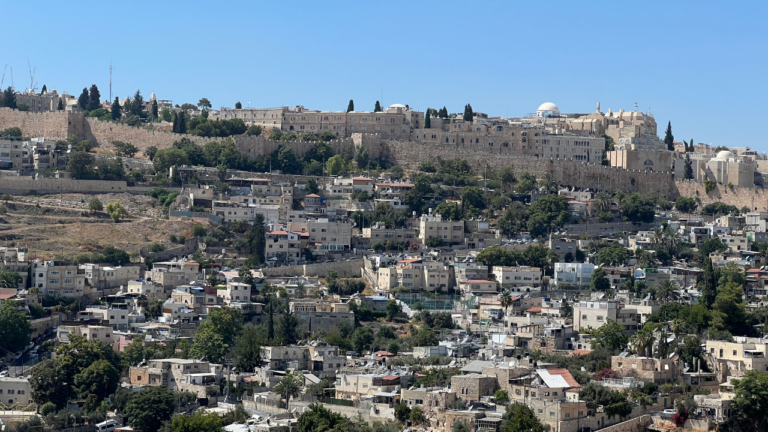The Communal Torah of Jerusalem
In Yaakov’s final blessings to his children, he juxtaposes Zevulun and Yissachar. He first blesses Zevulun for his ships and seafaring nature: “Zevulun shall dwell by the seashore; He shall be a haven for ships.” Then, Yissachar is compared to a donkey bearing a heavy burden who finds a good place of rest. Rashi, citing the Sages, explains that these two tribes are to work in tandem with each other. Yissachar will stay in his portion and bear the “good” burden of Torah while Zevulun will be engaged in international business and use their wealth to help support the Torah learning of their cousins.
How are we to conceptualize the relationship between Yissachar and Zevulun?
Rabbi Yaakov Ariel argues that we can think of them as being united in a single mitzvah. He posits that there are two elements to the mitzvah of learning Torah. On one level, there is a mitzvah for each individual to study Torah. Another element of the mItzvah, though, is communal in nature, namely that Torah should be as studied and as widespread in the community as possible. While the tribe of Zevulun may have limited time to study Torah themselves, every business deal they make is part of this second aspect of helping Torah spread within the Jewish people.
One proof for this is the Rema’s description of one who supports Torah: “it is considered as if he is studying Torah himself.” As a source for this law, the Vilna Gaon cites the relationship between Yissachar and Zevulun. At first glance, this is a strange formulation. Granted the Zevuluns of the world are fulfilling the mitzvah of charity to poor Torah scholars, but how can they be considered to receive “points” in heaven for the mitzvah of Torah study? Rav Ariel answers that they are fulfilling this second communal aspect of the mitzvah as they are responsible for the spread of Torah within the Jewish people.
These categories can help us understand the unique role that Yerushalayim plays in the mitzvah of Torah study. The Sanhedrin sits in Yerushalayim, on Mount Moriyah, which the Talmud explains is “the mountain from which instruction goes out to the Jewish people.” The mitzvah of Hakhel, when the king reads from the Torah in the presence of the Jewish people, occurs in Yerushalayim. Even bringing Ma’aser Sheni to Yerushalayim, helps the farmer be inspired and increase his study of Torah.
Why does Yerushalayim merit to these unique aspects in the mitzvah of studying Torah? It appears that as the capital city, Yerushalayim has a unique role in the communal study of Torah. The items highlighted above relate to the notion of spreading Torah in the community. This aspect of Torah study occurs within and is aided by Yerushalayim, the city that is jointly owned by all the Jewish people. It is not for naught that Rav Kook sought to make a “central and universal yeshiva” in Yerushalayim and foresaw it as playing a key role in uniting the Jewish people and dissemination of Torah.
May we merit to experience the communal Torah of Yerushalayim.



